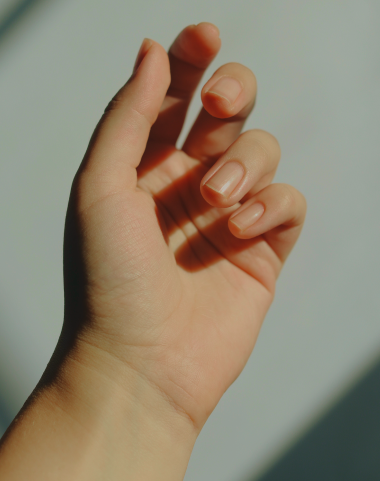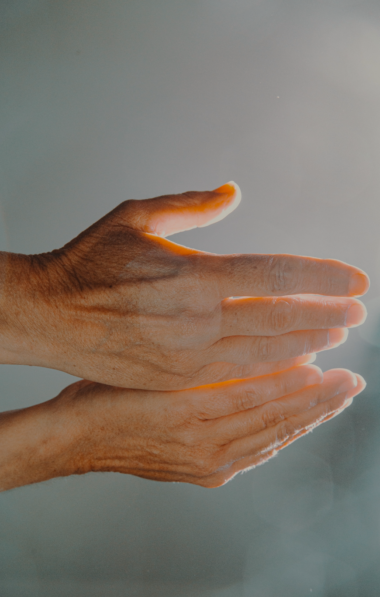Supplements traditional pharmaceutical and psychotherapeutic care with a holistic and personalized treatment course.
Learn More
Interventional Mental Health for Teens
Clinical interventions and integrated psychiatry programs designed to reduce mental health symptoms causing distress and suboptimal function in your teen.
of adolescents experience treatment-resistant depression.1
30 -
0
%
Led by our board-certified Adult and Child-Adolescent Psychiatrist, Hudson Mind’s child psychiatry program combines clinically-proven mental health interventions with compassionate psychiatric care.
Teens have different emotional needs and developmental concerns than adults. And here at Hudson Mind we go to great lengths to respect and consider this delicate stage of life in our treatment plans.
Treatments
Transcranial
Magnetic Stimulation
Magnetic Stimulation

A chemical-free, non-invasive magnetic pulse treatment that stimulates regions of the brain to regulate mood.
Learn More
Learn More
IV Ketamine/SpravatoⓇ
Nasal Spray

Low-dose ketamine may be prescribed to augment other treatments, like therapy and medication. Ketamine can help to improve depressive and anxiety symptoms, and stimulate neuroplasticity to support clinical therapy work.
*Both Ketamine IV and SpravatoⓇ Nasal Spray are considered off-label treatments. SpravatoⓇ approved by FDA for treatment-resistant depression in adults.
Learn More
*Both Ketamine IV and SpravatoⓇ Nasal Spray are considered off-label treatments. SpravatoⓇ approved by FDA for treatment-resistant depression in adults.
Learn More
Integrative Psychotherapy

Meet Hudson Mind’s Psychiatrist
Dr. Marcel Green, MD

“I believe a quality psychiatrist should not just be an expert of diagnoses and medications, they should be an expert in evaluating all aspects of a person before forming a treatment plan. That includes understanding your journey in life—the people, places and experiences that have shaped you.”
– Dr. Marcel Green
– Dr. Marcel Green
FAQ
What ages are suitable for your youth program?
We do have age requirements for some of our interventional treatments:
- Transcranial Magnetic Stimulation: ages 13+
- IV Ketamine Therapy: ages 16+
- Dual Sympathetic Blocks: Ages 10+
What is treatment-resistant depression?
Depression is considered treatment-resistant when at least two different antidepressant trials do not reduce symptoms.